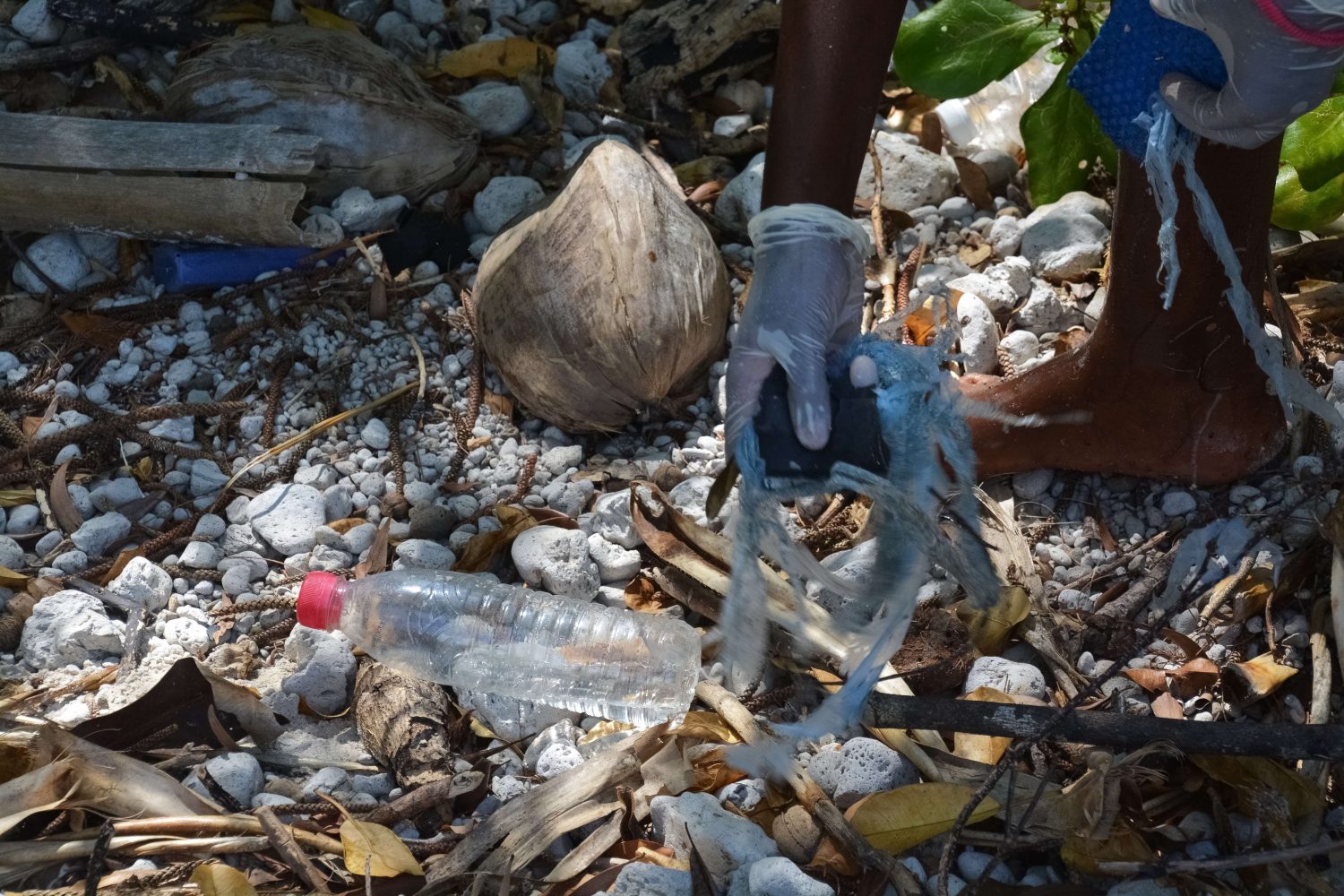What do you think of when you hear the word ‘plastic?’ Most people would answer with some type of packaging, like a plastic bag. While that is true, there is also a lot of other plastic waste in our world. Plastic doesn’t just fill our beaches and ocean shores: it fills landfills, rivers, and even our waterways. If it’s not there, it will end up somewhere else!
What are the effects of plastic on marine life?
The effects of plastic on marine life are worrying. Plastic can become tangled in marine animals’ stomachs, intestines, and even their reproductive systems. It can also block the flow of food and water, suffocate animals, and cause death by asphyxiation.
Some of the most common sources of plastic pollution are our oceans, rivers, and beaches. We produce an estimated 250 million metric tons of plastic each year, much of which ends up in our waterways and oceans. Unfortunately, we’re not doing enough to reduce the amount of plastic we produce or recycle it.
If we want to protect the environment and help reduce the number of marine animals impacted by plastic, we need to start by reducing our own waste. We can do this by using reusable bags and containers, composting materials, and recycling when possible.
Movement in your community to ban plastic bags
One way that you can help reduce the amount of plastic that ends up in our oceans is by encouraging your local government to ban plastic bags. There are a number of cities and counties across the United States that have already made this decision, and the trend is growing.
When you go grocery shopping, avoid using plastic bags. Instead, take your items to the store in reusable containers or bags. If you do need to use a disposable bag, try to use a reusable bag instead of a plastic bag. You can also take your own reusable bags with you when you go shopping.
Another way to reduce the amount of plastic that ends up in our oceans is to compost your food waste. This not only reduces the amount of plastic that goes into our oceans, but it also helps to improve the quality of soil in your garden.
We hope these tips will help you reduce the amount of plastic that ends up in our oceans. Let us know how you’re doing by leaving a comment below or on our Facebook page.
Best practices to reduce waste
One of the best ways to reduce waste is to follow best practices. Here are some tips for reducing your plastic waste:
1. Stop single-use plastics.
2. Choose refillable containers and bottles when possible. This will reduce the amount of plastic that needs to be produced in the first place.
3. Avoid buying packaged food items that come in unnecessary packaging. For example, avoid buying pre-packaged breakfast foods that come in a lot of packagings, such as cereal boxes and cookies in wrappers.
4. Consider bringing your own containers and utensils when dining out. This will help to reduce the amount of plastic that is used in the restaurant setting.
By following these tips, you can help to reduce your plastic waste and help protect our environment.
Tips and tricks to limit your plastic consumption
There are many ways that you can reduce your plastic consumption. Here are some tips to get started:
1. Cut down on packaging. When you buy something, try to avoid buying products that come in packaging. Packaging often contains harmful chemicals and makes it difficult to recycle the packaging. Instead, try to purchase products that are pre-packaged or packaged in containers that can be easily recycled.
2. Avoid buying single-use items. When you go grocery shopping, try to only buy items that you will need for a few days or weeks. This will help to reduce the amount of plastic that you use.
3. Avoid using disposable items. Many disposable items, such as straws and napkins, are made from plastic and can take hundreds of years to decompose in the environment. Instead, try using reusable alternatives for these items whenever possible.
4. Avoid using plastic water bottles. Many people drink bottled water instead of tap water because it is more convenient. However, many water bottles are made from plastic and can take hundreds of years to decompose in the environment. Try drinking tap water instead and investing in a reusable water bottle if you need to take liquids with you on the go.
Conclusion
With the amount of plastic polluting our oceans, it’s becoming more and more important to figure out ways to reduce our use of plastic. Here are a few tips for cutting down on your use of plastic:
-Start using reusable grocery bags when you can
-Avoid buying packaged foods if you can
– Avoid single-use plastics whenever possible

